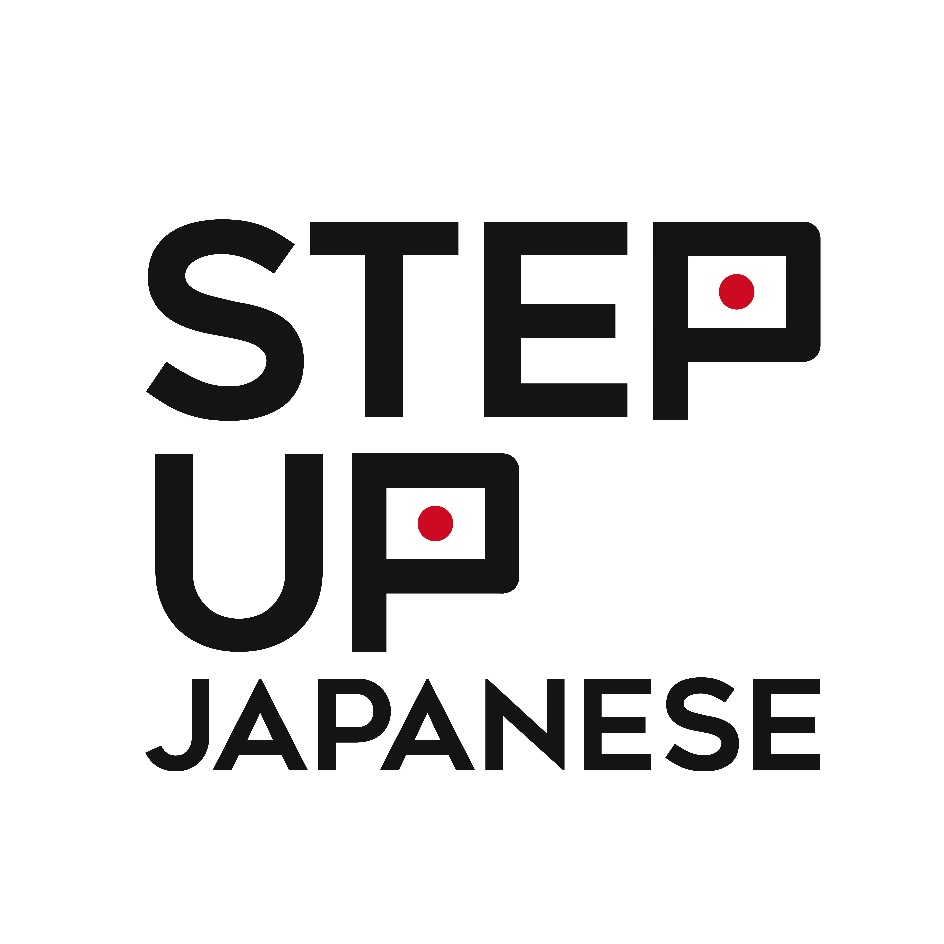Japanese Loanwords From Languages That Aren't English
Modern Japanese contains a lot of loan words - words that Japanese has “borrowed” from other languages. These words are typically written in the katakana “alphabet”.
Many of these words come from English - but not all.
So if you’ve been wondering what happened to the “t” sound at the end of the Japanese word resutoran (レストラン, restaurant), it was never there in the first place - because that loanword didn’t come from English. It came from French.
And my students sometimes ask me why the Japanese word for salad is sarada (サラダ), not “sarado”. That’s because sarada comes not from the Engish word “salad”, but from the Portuguese “salada”.
It’s good to know which loanwords didn’t come from English - and it's interesting to know what languages they come from - so you can remember how to pronounce them correctly.
Hopefully this will help you remember that it’s resutoran (not resutoranto!)
Quiz time!
How many of these Japanese loanwords do you know? Can you guess the meaning of any?
Rentogen レントケン
Piero ピエロ
Arubaito アルバイト
Piiman ピーマン
Ruu ルー
Esute エステ
Ikura イクラ
Noruma ノルマ
Karuta カルタ
Sukoppu スコップ
Igirisu イギリス
⇩ HINT: Japan believes in calling a スコップ a スコップ
The Answers:
Rentogen レントケン X-ray (from German)
Piero ピエロ clown (French)
Arubaito アルバイト part time job (German)
Piiman ピーマン peppers [the vegetable] (French)
Run ルー roux sauce [or, more commonly, a block of Japanese curry mix used to make curry sauce] (French)
Esute エステ aesthetic salon i.e. beauty salon (French)
Ikura イクラ salmon roe (Russian)
Noruma ノルマ quota (Russian)
Karuta カルタ Japanese playing cards (Portuguese)
Sukoppu スコップ spade (Dutch; Flemish)
Igirisu イギリス the U.K. (Portuguese)
Pan パン bread (Portuguese)
So, next time you see a katakana word you don't recognise, don't despair - it might not have originated from a language you speak!
First published May 2016
Updated 9th Jan 2020



